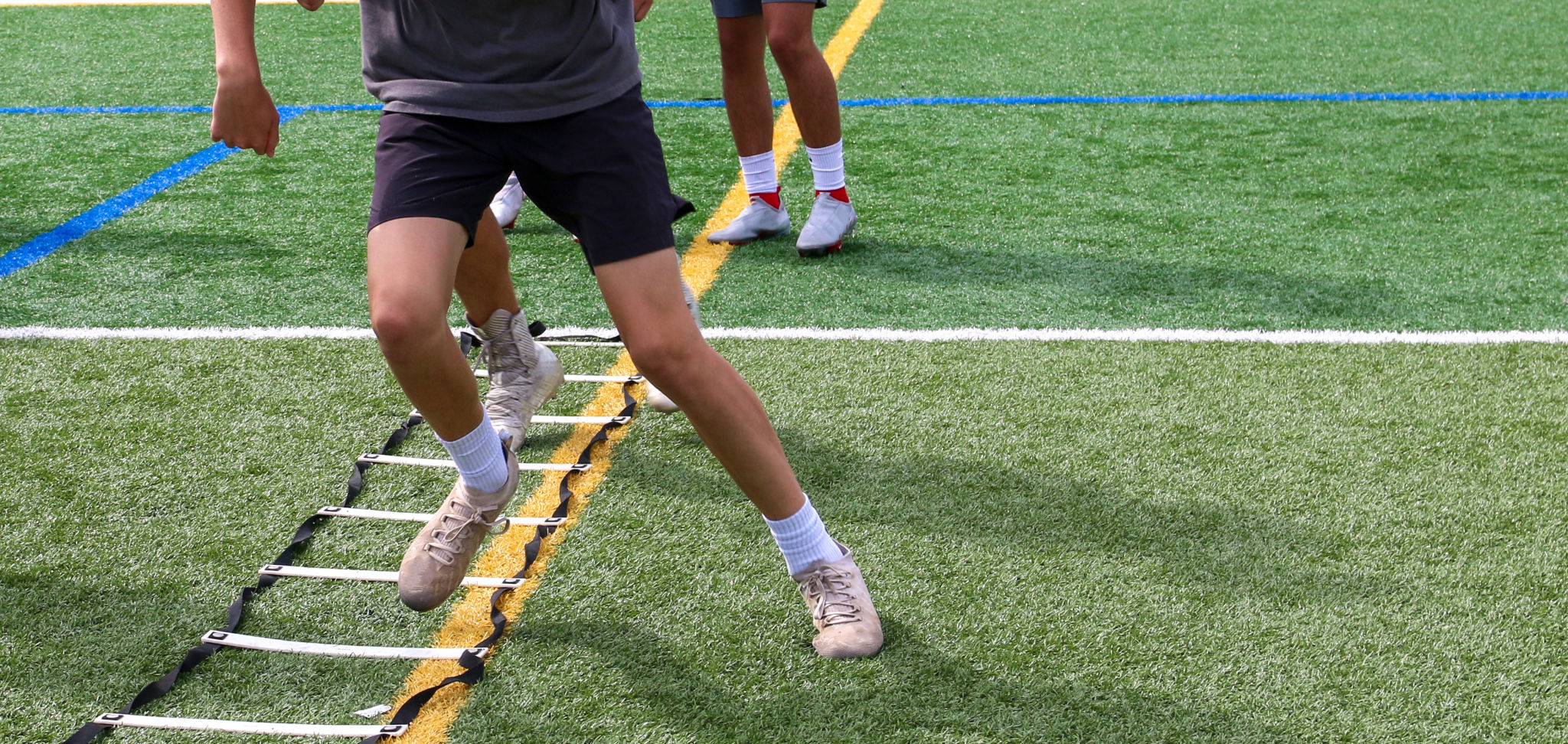Understanding the Player Development Journey
Introduction to Player Development
Player development is a comprehensive process that involves nurturing an athlete’s skills, character, and overall growth. It is not just about improving technical abilities but also about fostering a holistic environment where players can thrive. Understanding this journey is crucial for coaches, parents, and the players themselves.

The Foundation: Early Stages of Development
The journey begins with the early stages of development, where players are introduced to the basics of the game. At this stage, the focus is on creating a fun and engaging environment. Players learn essential skills like coordination, teamwork, and basic strategies. Encouragement and positive reinforcement play a significant role in cultivating a love for the sport.
Coaches and parents should emphasize enjoyment and participation over competition. This approach helps young athletes build confidence and ensures they remain interested in continuing their development journey. It is essential to recognize that each player develops at their own pace, and patience is key.
Intermediate Level: Skill Enhancement
As players progress, the intermediate level focuses on skill enhancement and more structured training. At this stage, athletes begin to refine their techniques and understand game strategies on a deeper level. Coaches introduce more complex drills and exercises that challenge players both physically and mentally.

It is crucial for coaches to provide constructive feedback and encourage self-reflection among players. This helps athletes identify areas for improvement and take ownership of their development. Additionally, introducing competitive elements can motivate players to push their limits while maintaining a balance with sportsmanship and fair play.
Advanced Development: Mastery and Specialization
In the advanced stages of player development, athletes work towards mastery and specialization in their sport. This phase involves intense training sessions focused on honing specific skills and refining techniques. Players are expected to demonstrate a high level of commitment and discipline.
Coaches play a vital role by creating personalized training plans that cater to the individual strengths and weaknesses of each player. At this level, mental conditioning becomes as important as physical training. Athletes are encouraged to develop resilience, focus, and strategic thinking to excel in competitive environments.

The Importance of Support Systems
Throughout the player development journey, having a strong support system is essential. Family members, coaches, teammates, and mentors all contribute to an athlete’s growth both on and off the field. Their guidance, encouragement, and constructive criticism help players navigate challenges and celebrate achievements.
For parents, it is important to maintain open communication with coaches and understand their child’s goals and aspirations. Being actively involved in their development can strengthen the bond between player and parent, fostering a positive environment for growth.
Conclusion: Embracing the Journey
The player development journey is a dynamic process that involves continuous learning and adaptation. It is about more than just achieving technical prowess; it encompasses personal growth, teamwork, and lifelong skills. By understanding and supporting this journey, we can help athletes reach their full potential while instilling values that will benefit them beyond the sporting arena.
